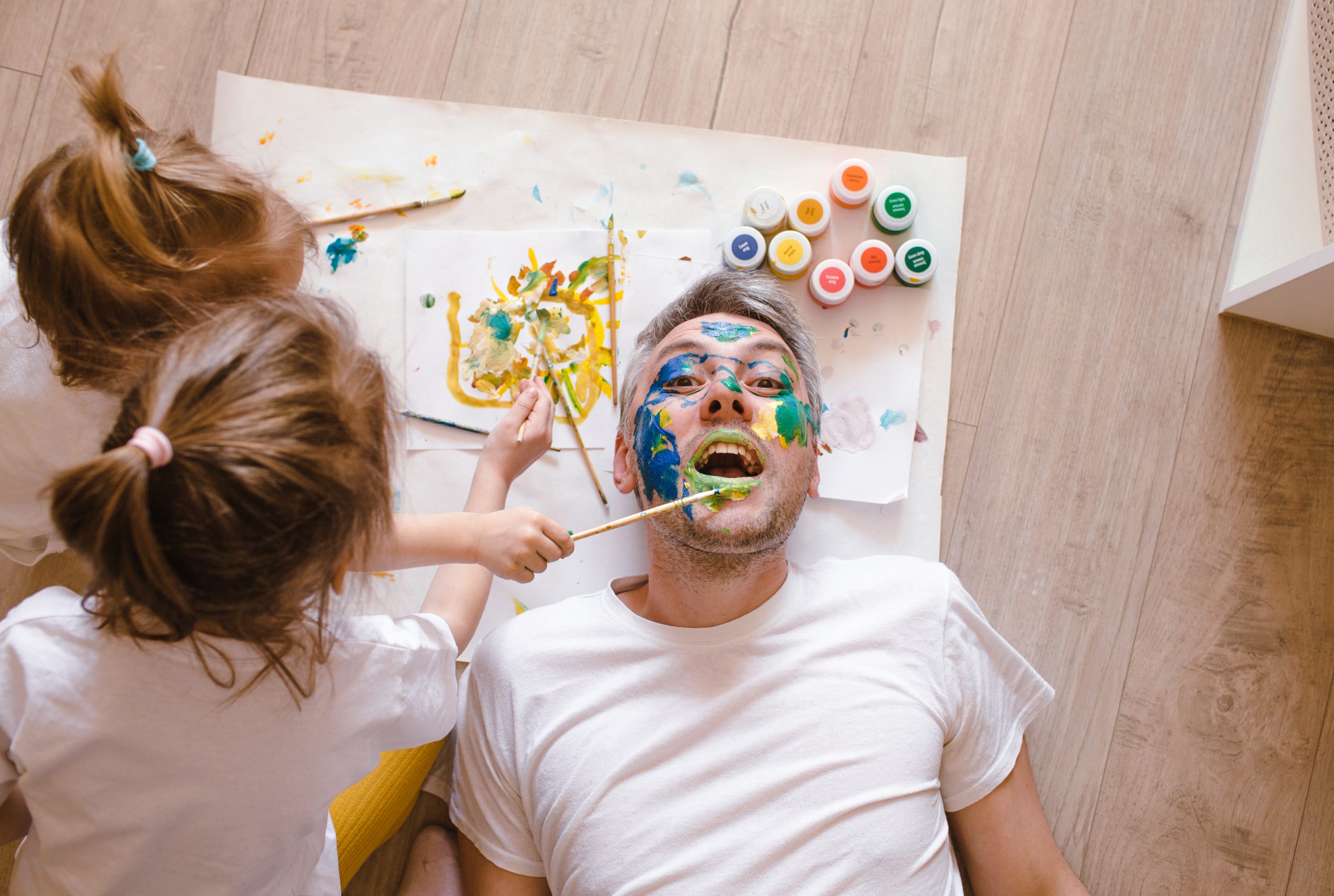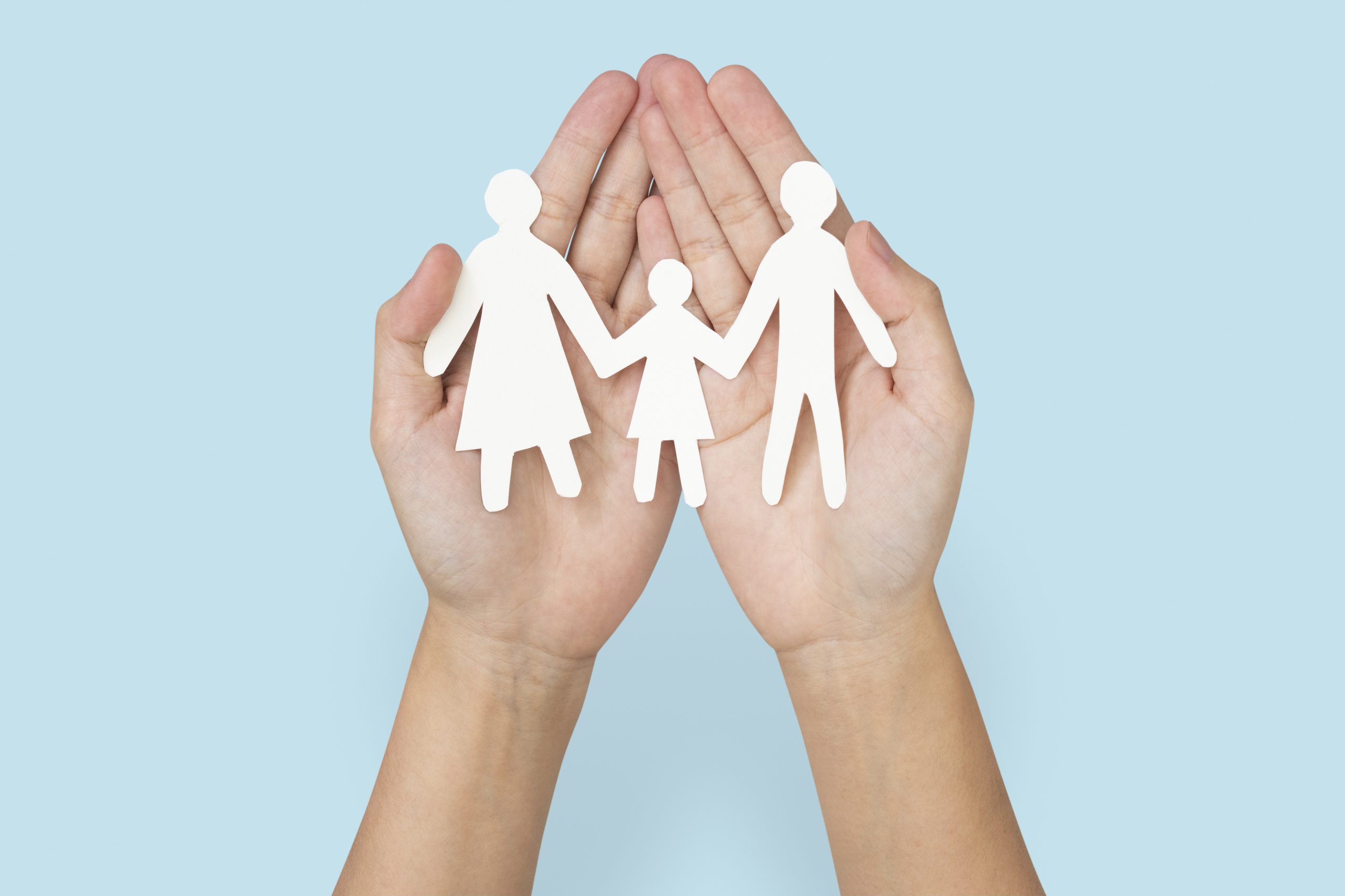Parents think they know better

Recently a parent client complained about a book his son had brought home from the school library about how to be a better person regarding Indigenous peoples and other people of color. Tensions are running high in BC, where schools have been wrestling with whether to change their sports mascot from “Indians” to something less, well, racist. This debate is familiar to anyone anywhere in the country following the massive wave of parents demanding that schools avoid books that focus on culture war issues and instead just have “academic” books. Now whether these people think racism is overblown, they must admit that it’s an issue in the world today. When parents talk like that, they are stealing from their children a tool they could use to navigate their world.
I am not horrified but relieved to know that students are reading sex education books that explore gender and non-heterosexual sex, and include discussions of AIDS, consent, abortion etc. This is information they need. Whether you believe sex is healthy or sinful or only something married straight people should do in the dark, it’s almost certain to be part of your child’s life — you can’t deny it. But then parents often do. When I was in 1st year college, I heard lots of my friends’ parents were outraged about a writing course that included writing prompts such as “write a sex scene you wouldn’t show your mom.” They used words like “appalled,” “disgusting” and “offensive.” A person of the age of 18 being able to imagine a sex scene? Inconceivable!

Parents are pretty good at fooling themselves. Which is exactly why they shouldn’t oversee our children’s education. Someone with real expertise should keep up with how many planets there are, with the best way to do long division and to talk about race. Someone trained to develop curriculum standards and choose textbooks should keep revising our understanding of Canadian history. If we stuck with what I learned as a kid, we’d still be teaching kids that Canadian settlers and the Indigenous peoples enjoyed a mutually beneficial cultural exchange.

Who would want that, you ask? Probably the same parents who don’t want their children to learn about climate change. As a recent video piece on MSNBC detailed, even some parents whose homes were destroyed by deadly wildfires in North American history (Google “Lytton” or “California” wildfires) don’t want their children — or mine — to have information they need regarding climate change. Thank the teachers who persist and the parents, schools and school boards who support them. Because not only are they educating students, but they’re also educating the rest of us, too. According to a widely reported study published in Nature, children who had learned about climate change in school can help their own parents grow on the topic, through something called “intergenerational learning” — which, the authors note, works for topics such as race and sexuality, too.
Intergenerational learning goes two ways, of course. We have enough parent-to-child intergenerational learning, as when you teach your child that racism, climate change and trans people aren’t real, certain books are disgusting, and it’s okay to steal. We need more child-to-parent intergenerational training, as when your child goes to school, learns about the world, and comes home and educates you.

